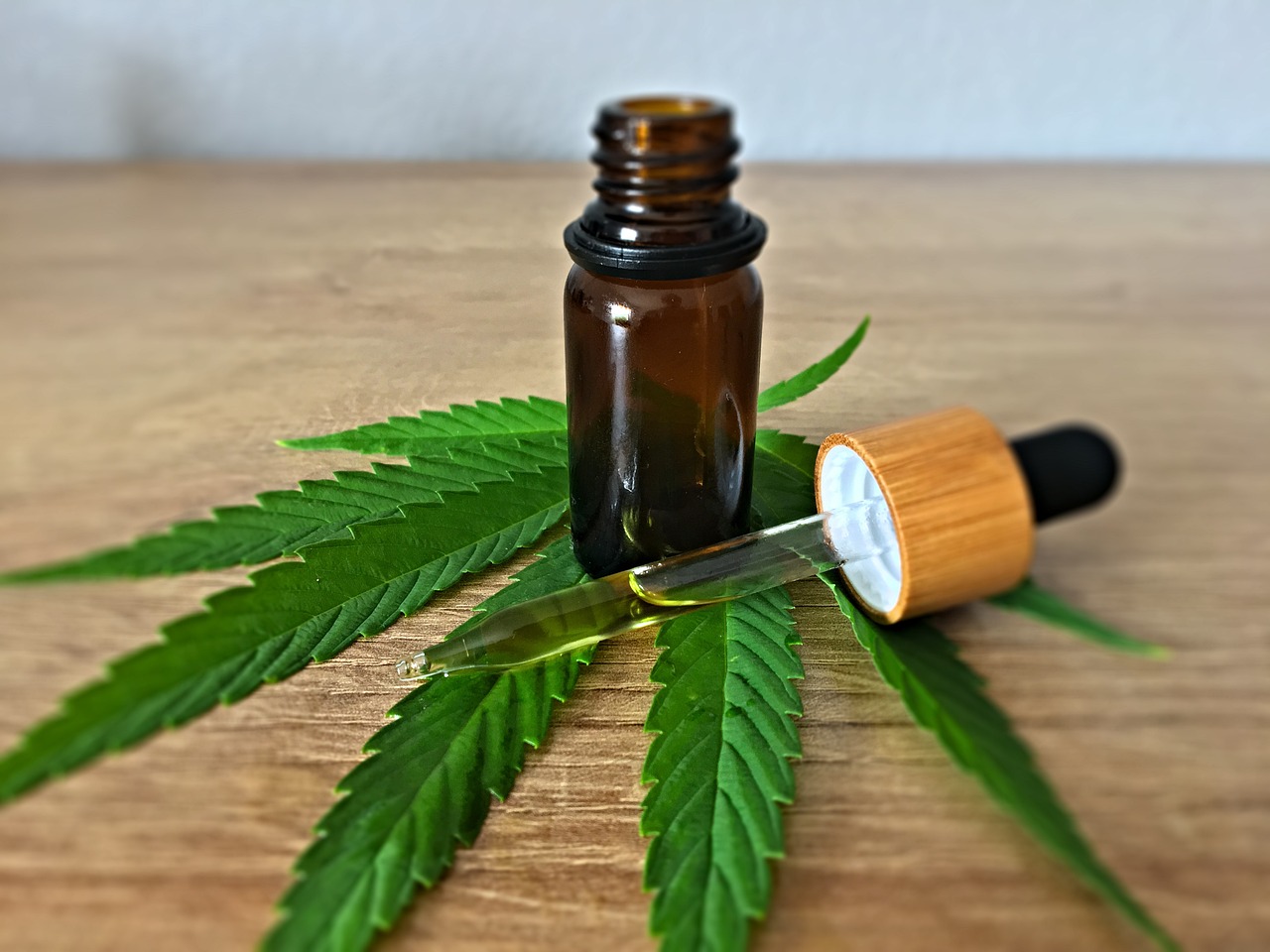
Marijuana, also known as cannabis, is a psychoactive drug often used for recreational and medicinal purposes. While many people use marijuana responsibly without experiencing negative consequences, it’s crucial to recognize that some individuals may develop problematic usage patterns, leading to marijuana addiction or dependency.
Individuals with mental health disorders and those who are prone to addictions should entirely abstain from its use. Also, if someone struggles with an impulse control disorder, it is advisable to avoid marijuana.
While the risk of physical addiction is lower than with some other substances, psychological dependence can develop. Any form of dependency is unhealthy and indicates that intervention is necessary. Withdrawal symptoms such as irritability, insomnia, loss of appetite, and anxiety can occur.
Short-Term Effects:
Long-Term Effects:
There are various reasons why people use marijuana, which can lead to addiction.
Coping mechanism: Some individuals use marijuana to cope with stress, anxiety, or other emotional issues.
A marijuana addict can manifest through the following signs indicating its use.
Behavioural changes:
Physical signs and changes:
Psychological, mental, and emotional signs:
We’ll be honest: overcoming addiction isn’t a stroll through the park. However, our multifaceted programme assures you of optimal guidance and support throughout your recovery. We specialize in various forms of psychological treatment, namely Dialectical Behavioral Therapy (DBT) and Cognitive Behavioral Therapy (CBT).
Trust is what keeps our team and community together. We are ardently focused on helping you achieve a realistic reintegration into your original environment and community. For that, we need you to act. Only talking doesn’t cut it. Re-integration requires commitment, effort, and hard work. If you’re up for it, we promise to support you in every way we can.
“Action is key. Nobody talks themselves into addiction, and we cannot simply talk our way out of it.”


For international calls, you can contact us via WhatsApp Call
Send us an e-mail:
If you are interested in receiving news and updates about Liberty Home, please enter your details below to be added to our newsletter. We would like to keep in touch with those who are close to us to show what we are working on, the volunteer programs, daily activities, and positive news!